Why Insurance Claims Get Denied & How to Avoid It
Filing an insurance claim can be a stressful experience, especially if your claim is unexpectedly denied. Understanding the common reasons behind claim rejection can help you take proactive steps to avoid these mistakes, ensuring that your claim is processed smoothly. In this article, we’ll discuss the top reasons why insurance claims get denied, as well as practical advice on how to avoid these pitfalls and successfully navigate the insurance appeal process.
1. Incomplete or Incorrect Documentation
One of the most common reasons for denied insurance claims is incomplete or incorrect documentation. Insurance companies require specific documents to validate a claim. Missing paperwork or incomplete forms can lead to claim rejection, leaving you without the compensation you’re entitled to.
How to Avoid It:
Make sure that all required documentation is submitted along with your claim. This includes:
- Photos or videos of the damage.
- A detailed description of the incident.
- Repair estimates or invoices.
- Relevant receipts or contracts.
Before submitting your claim, review all the information carefully and double-check for any missing documents. If you’re unsure of what’s required, reach out to your insurance provider for clarification.
2. Not Reporting the Claim on Time

Insurance policies often include strict time limits for reporting claims. If you fail to report the incident within the specified time frame, your insurance claim can be denied outright. Even if the damage is significant, missing this deadline can lead to complications or a complete claim rejection.
How to Avoid It:
- Review your policy to understand the reporting deadlines.
- File your claim as soon as possible after the incident occurs.
- Notify your insurance company immediately after discovering damage.
If you’re dealing with an emergency, contact your insurer even if you don’t have all the details. Reporting the incident early will give you more time to gather the necessary information.
3. Lack of Coverage for the Specific Damage
Another common reason for claim rejection is that the damage isn’t covered under your specific insurance policy. Not all insurance policies cover every type of damage, and certain events or damages may be excluded from your policy.
How to Avoid It:
- Review your policy coverage to understand what’s included and excluded.
- Consider purchasing additional coverage for specific incidents, such as flood or earthquake insurance, if applicable.
- If your claim is denied due to a lack of coverage, review your policy details to confirm that the damage type should be covered. If you believe the denial is an error, appeal the decision.
4. Misrepresentation or Fraud
Insurance companies are highly sensitive to potential fraud. If you provide inaccurate information or misrepresent facts about your claim, your insurance company may deny it, or worse, cancel your policy. Even minor misstatements or omissions can raise red flags for insurers and lead to insurance disputes.
How to Avoid It:
- Be honest and transparent when filing your claim.
- Don’t exaggerate damage or misstate facts.
- Provide accurate and truthful details about the incident, even if it might seem inconvenient.
To avoid any suspicion of fraud, always stick to the facts and ensure your documentation is honest and precise.
5. Failure to Maintain the Property
Insurance companies expect homeowners to maintain their properties and take reasonable steps to prevent damage. If you fail to perform regular maintenance, such as fixing leaks, cleaning gutters, or maintaining the roof, your claim may be denied.
How to Avoid It:
- Keep up with regular maintenance and repairs on your property.
- Address potential hazards before they become serious issues.
- If damage occurs due to neglect, be prepared for the possibility of a denied insurance claim.
Keeping a detailed log of maintenance work can also be helpful in case you need to prove that the damage wasn’t caused by neglect.
6. Filing for Damages That Are Not Covered by the Policy
Sometimes, policyholders attempt to claim damages that aren’t actually covered by their insurance, either by mistake or misunderstanding. For example, certain natural disasters or accidents might not be included in your policy.
How to Avoid It:
- Read your policy carefully to understand exactly what’s covered and what’s not.
- If you’re unsure whether your damage is covered, contact your insurance provider to clarify.
- Ensure you’re only filing claims for damages that fall within the scope of your policy.
When in doubt, it’s better to ask your insurer before filing a claim than to be surprised by a claim rejection later on.
7. Disputing the Settlement Offer

Once your insurance claim is processed, the insurance company will offer a settlement based on their assessment of the damage. However, if you believe the offer is too low, you may choose to dispute the settlement. Sometimes, the insurance appeal process is lengthy, and in some cases, claims may be denied if the appeal doesn’t meet the insurer’s requirements.
How to Avoid It:
- Review the settlement offer carefully to ensure it reflects the full value of the damage.
- If you disagree with the offer, contact your insurance company and provide supporting evidence to back your case.
- Consider hiring a public adjuster to help you with the insurance appeal process and ensure that you get a fair settlement.
8. Pre-Existing Conditions
If the damage or loss you’re claiming already existed before you filed the claim, the insurer may reject it. For example, if you’re claiming water damage from a leaky roof but the roof was already in poor condition, your insurance company may deny the claim.
How to Avoid It:
- Regularly inspect your property and address any existing issues before they escalate.
- Keep thorough documentation of repairs and maintenance in case you need to prove that the damage was recent and not pre-existing.
Avoiding Common Claim Mistakes

The insurance claim process can be complicated, and mistakes can result in significant delays or even claim rejection. By understanding the most common reasons for insurance disputes and being proactive in filing your claim, you can improve your chances of a successful settlement. Always read your policy carefully, maintain proper documentation, and report claims promptly.

